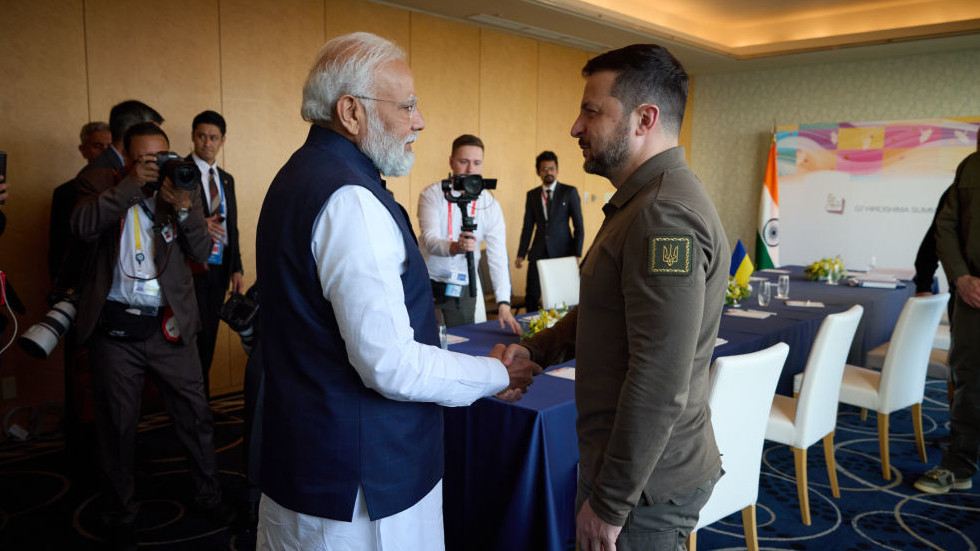Women in Iran have taken to the streets and are cutting their hair and waving and burning their hijabs (veils) for almost a week now. These women have been protesting against restrictions on personal freedoms in the Islamic country, stringent dress codes for women and an economy reeling under sanctions from the western world. Furious crowds also called for the fall of the country’s supreme leader Ayatollah Ali Khamenei.
This dress code comes under the Islamic Sharia Law, which governs Iran and was imposed after the 1979 revolution. Under this law, women are mandated to cover their hair and wear long, loose-fitting clothes to hide their figures. Anybody caught violating this law faces public shaming, fines and even arrest.
So far, over 41 protestors have died in these protests and around 700 have been arrested as the government continues its crackdown on protests. State media has also claimed that 12 bank branches were destroyed and 219 ATMs have been damaged due to these protests.
Iran has been under fire after the death of 22-year-old Mahsa Amini who was arrested by the country’s morality police last week. While the police claimed Amini died of a heart attack and was not tortured in custody, her family said she had no heart conditions and they were stopped from seeing her body.
Analysts believe that the anti-hijab protests and Amini’s death will embolden women to challenge dress restrictions imposed by the government even if the protests fade out. A US-based Iran analyst Omid Memarian told news agency Reuters, “The death of Mahsa Amini released decades of suppressed energy and will among women to fight back. It’s not the first time, but this time is different.”
Meir Javedanfar, professor of Iranian politics at Israel’s Reichman University noted that Iranians are protesting against a “corrupt and incompetent regime.” Javedanfar said, “These protests will not be the last. We will see more. But we are unlikely to see a revolution until and unless there is a leader and at least part of Iran’s armed forces starts siding with the people against the regime. None of this has happened yet.”
The United Nations’ human rights body said the morality police have resorted to more violent methods including slapping women protestors, beating them up with batons and shoving them into police vehicles.
Protestors have got support from Oscar-winning filmmaker Asghar Farhadi, known for his film A Separation. Faridi said in an Instagram post, “I deeply respect their struggle for freedom and the right to choose their own destiny despite all the brutality they are subjected to.”
In a bid to deal with these protests, Iranian government has also blocked access to social media platforms like Instagram, Skype, LinkedIn and WhatsApp and also imposed restrictions on internet access.
Also read: Salman Rushdie off ventilator, talking: Michael Hill of Chautauqua Institution














